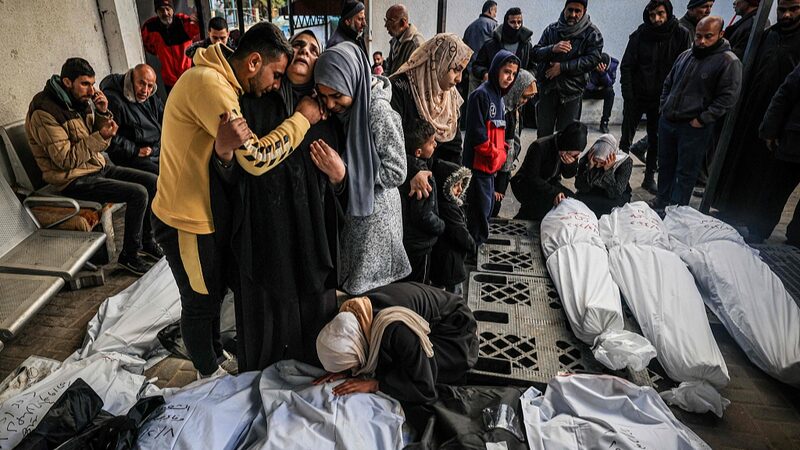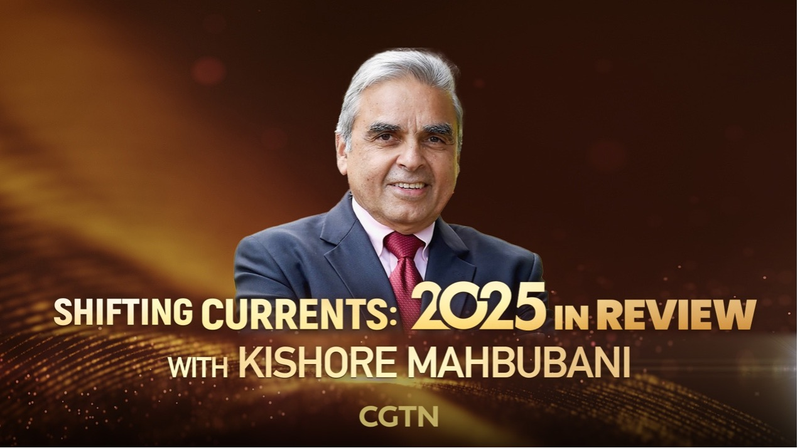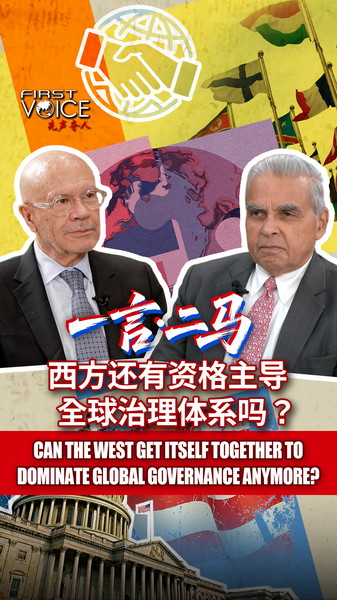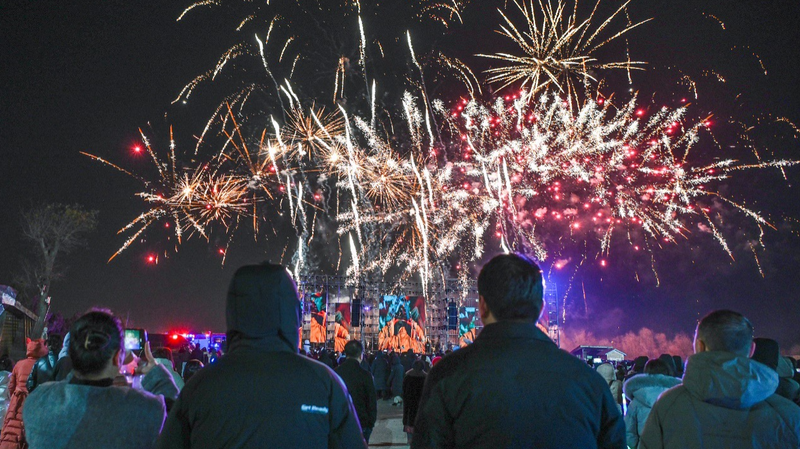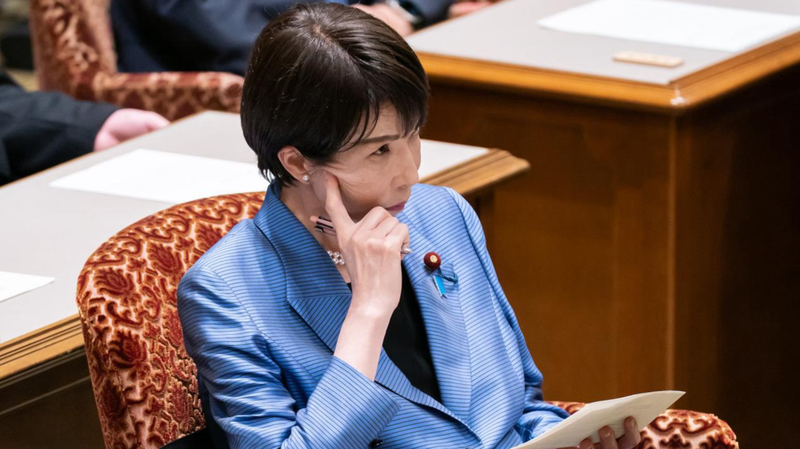World history is marked by pivotal moments that redefine the course of humanity. Currently, we are witnessing such a turning point with the ongoing Gaza conflict, which many scholars and observers describe as a genocide. Israeli scholar Raz Segal characterizes the situation as a 'textbook genocide,' highlighting the tragic targeting of nearly 2 million Palestinians trapped in Gaza.
Since the 1948 UN Genocide Convention, there has been an overarching global consensus that genocide is an unmitigated crime. However, the Gaza situation has exposed a stark division: on one side, nations and individuals who firmly oppose genocide, and on the other, those who appear to condone or support the actions unfolding in Gaza.
While the Gaza conflict may not yet rival historical genocides in terms of numbers, such as the Holocaust or the Rwandan mass murders, its unprecedented nature lies in its real-time global visibility. For the first time, the world is witnessing a genocide as it happens, amplified by the pervasive sharing of distressing content and rhetoric by those involved. This constant exposure not only affects the victims but also creates a pervasive sense of helplessness among global observers.
To navigate this complex landscape, it's crucial to explore the emerging global factions: consistent opponents of genocide and those who tacitly support it. This divergence highlights deep-rooted challenges in achieving a peaceful and equitable world amidst increasing multipolarity.
The divide is evident both between countries and within them. While many Western governments align with Israel, providing substantial military and diplomatic support, they often overlook critical evidence and UN findings that suggest urgent measures are needed to protect Palestinians. In contrast, governments outside the Western bloc, including major powers like Brazil, China, Russia, and Türkiye, express significant concern for the humanitarian crisis in Gaza. Even groups like the Houthis in Yemen have taken actions aimed at enforcing a ceasefire, underscoring the global unease surrounding the conflict.
As the world grapples with this humanitarian catastrophe, the question remains: Can humanity find common ground to condemn such atrocities and work towards a more unified and just global community?
Reference(s):
Gaza war: If we can't agree genocide is wrong, what can we agree on?
cgtn.com
